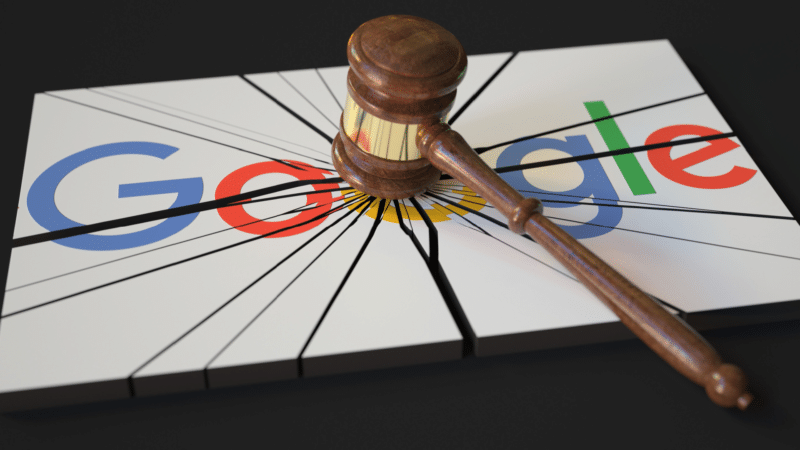
The Looming Changes in Paid Search Advertising: Insights from Google’s Antitrust Test
As Google navigates its ongoing antitrust trial, the very fabric of the digital advertising landscape hangs in the balance. For over a decade, Google has maintained its grip on the paid search market, commanding nearly 90% of the global share. However, the prospect of a breakup raises essential questions for advertisers: What does this mean for the future of PPC (pay-per-click) marketing, and how should professionals adapt?
The Current Landscape and Antitrust Concerns
Google Ads’ integration with tools like Google Analytics and Tag Manager provides advertisers with powerful, streamlined solutions. This integration, while advantageous for ease of use, has sparked antitrust scrutiny. The concern lies in Google’s potential to leverage its position to favor its services over competitors, which could embolden smaller platforms as regulatory bodies seek to curtail Google’s dominance.
Potential Industry Shifts Post-Breakup
The breakup of Google could catalyze heightened competition among advertising platforms. This shift might lead to decreased advertising costs and an acceleration in innovation, as various platforms strive to capture advertisers’ attention. Smaller, independent platforms might emerge as agile innovators, capable of responding more swiftly to market demands and niche opportunities.
However, this shift could also lead to significant challenges. The fragmentation of Google’s extensive data repository could result in siloed information, complicating marketers’ abilities to glean coherent insights. Furthermore, advertisers may find themselves incurring increased costs, as a larger pool of platforms could necessitate hiring specialized staff and investing in cross-platform training.
Strategizing in a Fractured Market
The uncertainty brought on by these potential changes necessitates that marketers reevaluate their strategies. Exploring alternative advertising platforms is advised as a means to diversify risk and reduce dependency on a single source. Marketers should also invest in skills that enable flexibility across platforms, ensuring that they are well-equipped to adapt to the evolving environment.
In an era where data remains paramount, utilizing tools that support multi-platform management can ease the transition. Building robust relationships with vendors can further enhance adaptability, ensuring that advertisers remain informed about impending market shifts.
Connecting Paid Search to URL Shortening Strategies
In addition, this discussion of potential changes in the paid search arena intersects significantly with the use of URL shorteners and effective link management. As PPC campaigns evolve, leveraging short links not only aids in tracking performance across various advertising platforms but also simplifies the user experience and enhances click-through rates. Utilizing URL shorteners can provide clear insights while managing campaigns that may become increasingly complex due to platform fragmentation.
As the digital marketing landscape braves the storm of uncertainty, embracing these shifts with strategic foresight will be crucial for advertising professionals seeking to stay ahead. The trajectory of paid search advertising may be poised for transformation, and those prepared for change will likely emerge stronger.
#BitIgniter #LinksGPT #UrlExpander #UrlShortener #DigitalMarketing #PPC #Antitrust
Want to know more: Learn More

